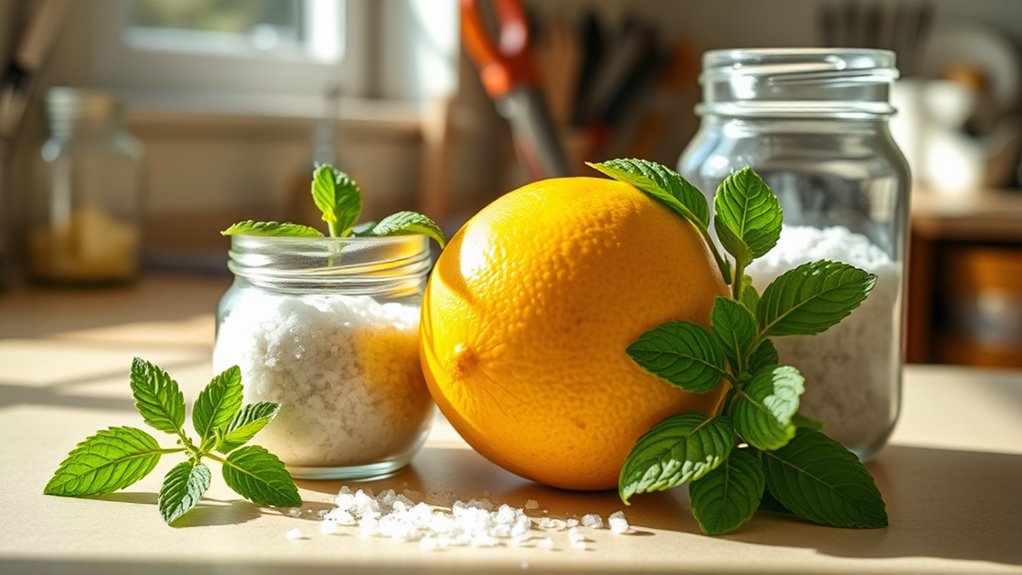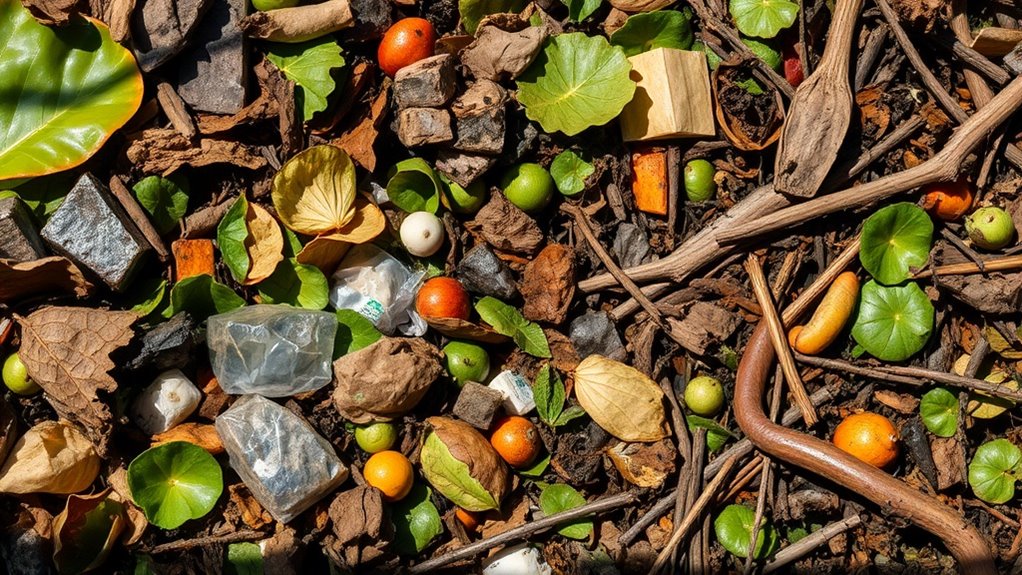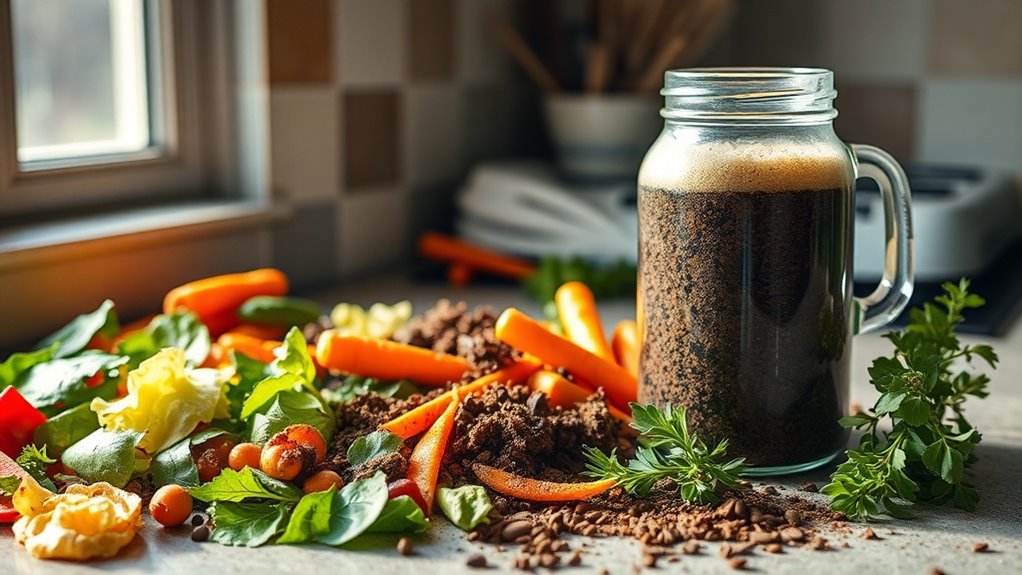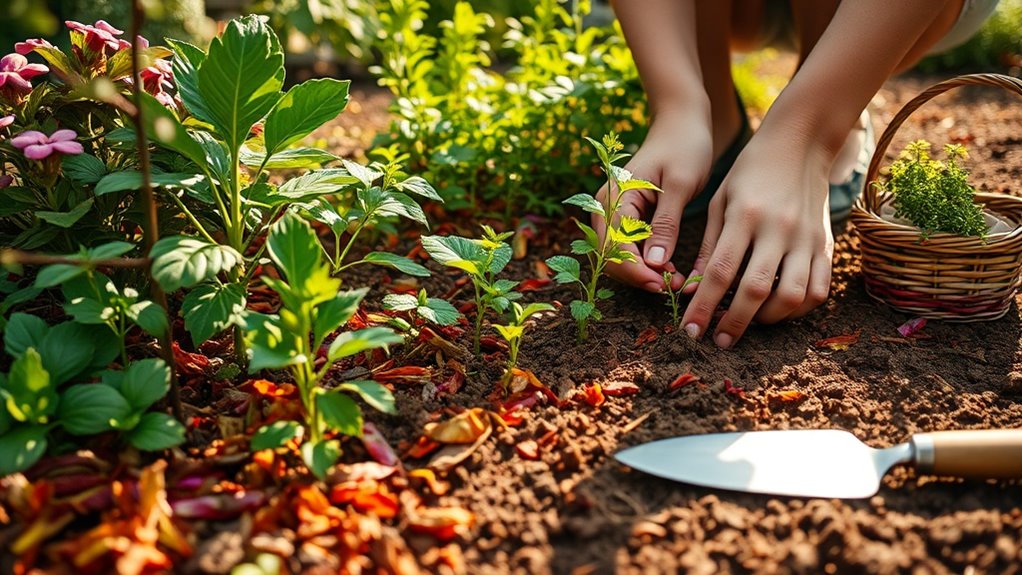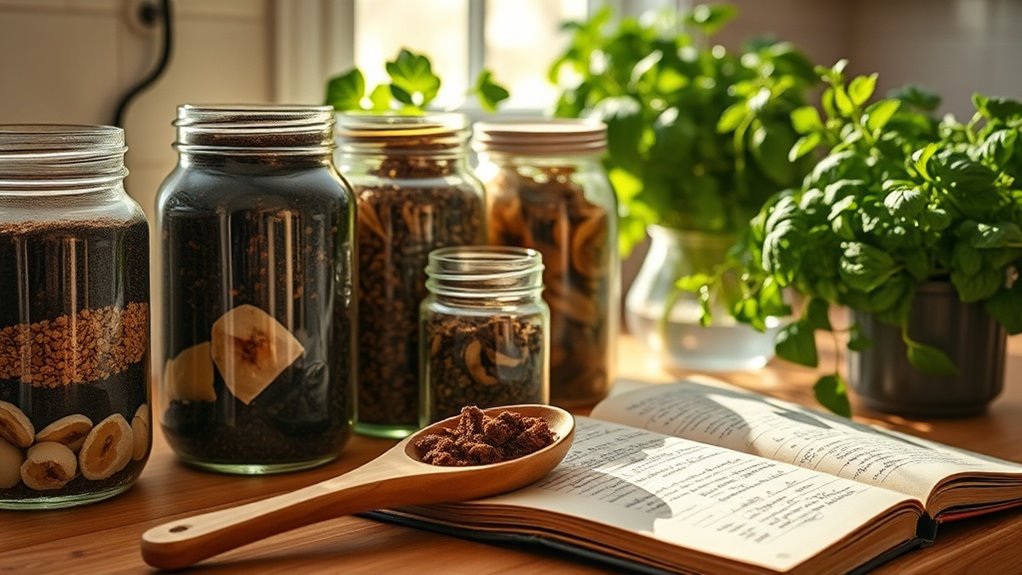Control Pests Naturally With These 3 Common Kitchen Ingredients
If you’re looking for effective ways to control pests without harsh chemicals, three common kitchen ingredients might be your answer. Vinegar, baking soda, and essential oils can each play a significant role in pest management. Understanding how to utilize these items can lead to a safer home environment. However, their effectiveness relies on proper application and knowledge of pest behavior, which is crucial for achieving the best results. Let’s explore these solutions further.
Key Takeaways
- Vinegar disrupts pests’ sensory receptors; mix equal parts with water and spray on surfaces to repel insects effectively.
- Baking soda combined with sugar attracts and kills ants and cockroaches by disrupting their digestive systems.
- Essential oils like peppermint and lavender can deter ants, spiders, and moths when used in sprays or cotton balls.
- Regular use of these kitchen ingredients promotes a safer home environment by reducing reliance on harmful chemical pest controls.
- Consistent monitoring and application of these natural methods enhance their effectiveness in managing pest problems.
Vinegar: A Natural Repellent
Have you ever wondered how a simple kitchen staple like vinegar can serve as an effective natural pest repellent? Vinegar’s acetic acid content disrupts many pests’ sensory receptors, making it unappealing.
To utilize this, mix equal parts vinegar and water in a spray bottle and target areas prone to pests, such as countertops and entry points.
This solution also cleans surfaces, providing dual benefits.
For kitchen pest control tips, consider combining vinegar treatments with proper food storage practices to enhance effectiveness. Additionally, using vinegar as a natural repellent can be particularly effective against common pests that invade kitchens.
Baking Soda: A Powerful Pest Killer
Baking soda is a versatile kitchen ingredient that doubles as a powerful pest killer.
When mixed with sugar, it attracts pests like ants and cockroaches, while the baking soda disrupts their digestive systems.
You can sprinkle this mixture in areas where you notice pest activity.
Additionally, baking soda can dehydrate and kill bed bugs when dusted into their hiding spots.
For optimal results, keep your application consistent and monitor the affected areas.
This natural solution not only reduces your reliance on harmful chemicals but also promotes a safer environment in your home.
Embrace baking soda for effective pest control, as it serves as an eco-friendly solution for managing household pests!
Essential Oils: Aromatic Insect Deterrents
Essential oils serve as effective aromatic insect deterrents, harnessing the power of nature to repel pests. By using these oils, you not only create a pleasant environment but also deter unwanted insects. Here’s a quick reference guide to some common essential oils and their pest-repelling properties:
| Essential Oil | Target Pest | Application Method |
|---|---|---|
| Peppermint | Ants, Spiders | Spray diluted solution |
| Lavender | Moths, Flies | Cotton balls in drawers |
| Tea Tree | Mosquitoes, Fleas | Diffuse in living areas |
| Eucalyptus | Ticks, Flies | Spray around outdoor areas |
| Lemon | Ants, Cockroaches | Wipe surfaces with solution |
Using these natural ingredients for pest control can be a part of your DIY bug spray strategy for maintaining a healthy garden.

